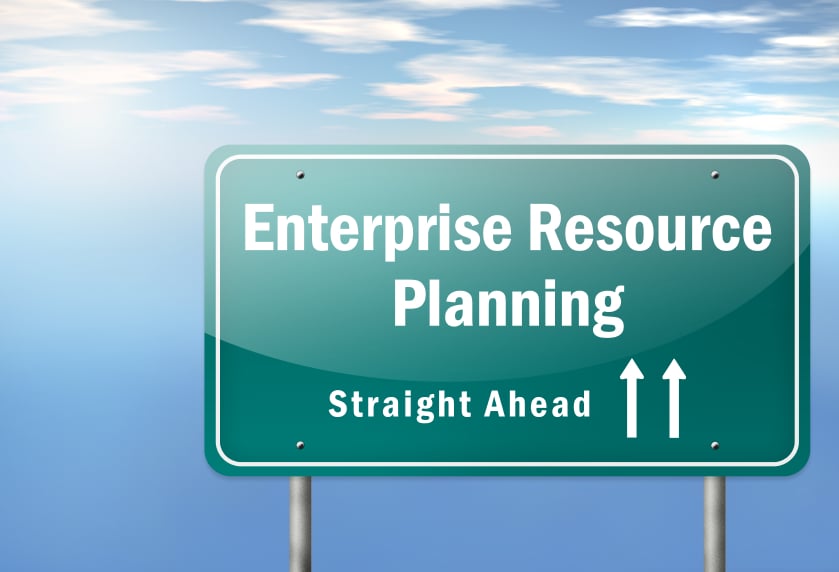4 Key Differences Between SAP Business One and Microsoft Dynamics
SAP Business OneCompare SAP Business One vs Microsoft Dynamics in terms of features, cost, and implementation to...

May 08, 2014
Blog > Preparing for the Road Ahead: SAP Business One Adoption
Enterprise Resource Planning (ERP) applications have become a major contributor to small to midsized enterprises’ (SMEs) competencies and performance. As a company continues to grows, it follows that it will also become more complex; this means more focus must be given to improving inefficient business process. Operating on a larger scale; expanding product lines; and entering new markets - it is hard to imagine how a business can remain competitive without ERP solutions like SAP Business One. While most SMEs prepare for the juncture at which they will out-complex accounting packages like QuickBooks, some let the warning signs pass them by. Companies that would rather delay ERP adoption because they believe it costly or the implementation process invasive, should first consider the following points:
The road to ERP adoption should begin early; the planning phase is a very important step and takes time and resources. It is critical that companies begin information gathering and researching their alternatives at first sign of inefficiencies - planning early increases the chances of the ERP adoption being a success and prevents delays in the project timelines so that SMEs don’t miss critical business opportunities contingent on the support of ERP.
The decision to adopt an ERP solution represents a shift, often requiring change management and a willingness to learn. Ensuring that the entire organization is onboard with the decision to transition to an ERP solution takes time, so the earlier this process takes place, the better. It is the responsibility of executive management and their chosen implementation project team to delineate the benefits ERP adoption across the organization so that everyone can understand the value it will bring to their role in the organization. This is the best way to ensure a high adoption rate.
Thinking early about how the benefits of ERP, such as real-time access to information, align with objectives will help ensure that SMEs can maximize the impact ERP has on their organization. The longer an SME delays ERP planning, the more likely it is to become decentralized as it continues to grow. With new branches, warehouses, and employees to manage, business data runs the risk of becoming trapped in large silos of information. No longer within an earshot of each other, top management face challenges in business decision making that can be curtailed with the early adoption of ERP -before operational visibility becomes a bigger challenge.
Another reason to begin planning for ERP before the breaking point, is that it will provide time for SMEs to think about how to achieve a tighter collaboration with the organization’s stakeholders including: customers, suppliers, and the end user of the ERP application. The long-term success of the ERP solution is not based solely on implementation. Planning how these factors will be addressed with an implementation partner like Vision33 will ensure that ERP provides value to the organization and the throughout the value chain.
Early planning for ERP adoption is the best way to ensure that the implementation will improve operational efficiencies, be successful in the long run, and maximize the value the solution provides to an SMEs.
Subscribe to our newsletter to receive our latest blog posts, case studies and ERP news delivered straight to your inbox.
Compare SAP Business One vs Microsoft Dynamics in terms of features, cost, and implementation to...
Adult beverage ERP software optimizes costs and production scheduling, tightens inventory control,...
With a powerful ERP solution, you’ll ditch the spreadsheets and automate tedious tasks. Learn more...
Recieve our latest blog posts, case studies, and ERP news
delivered straight to your inbox.